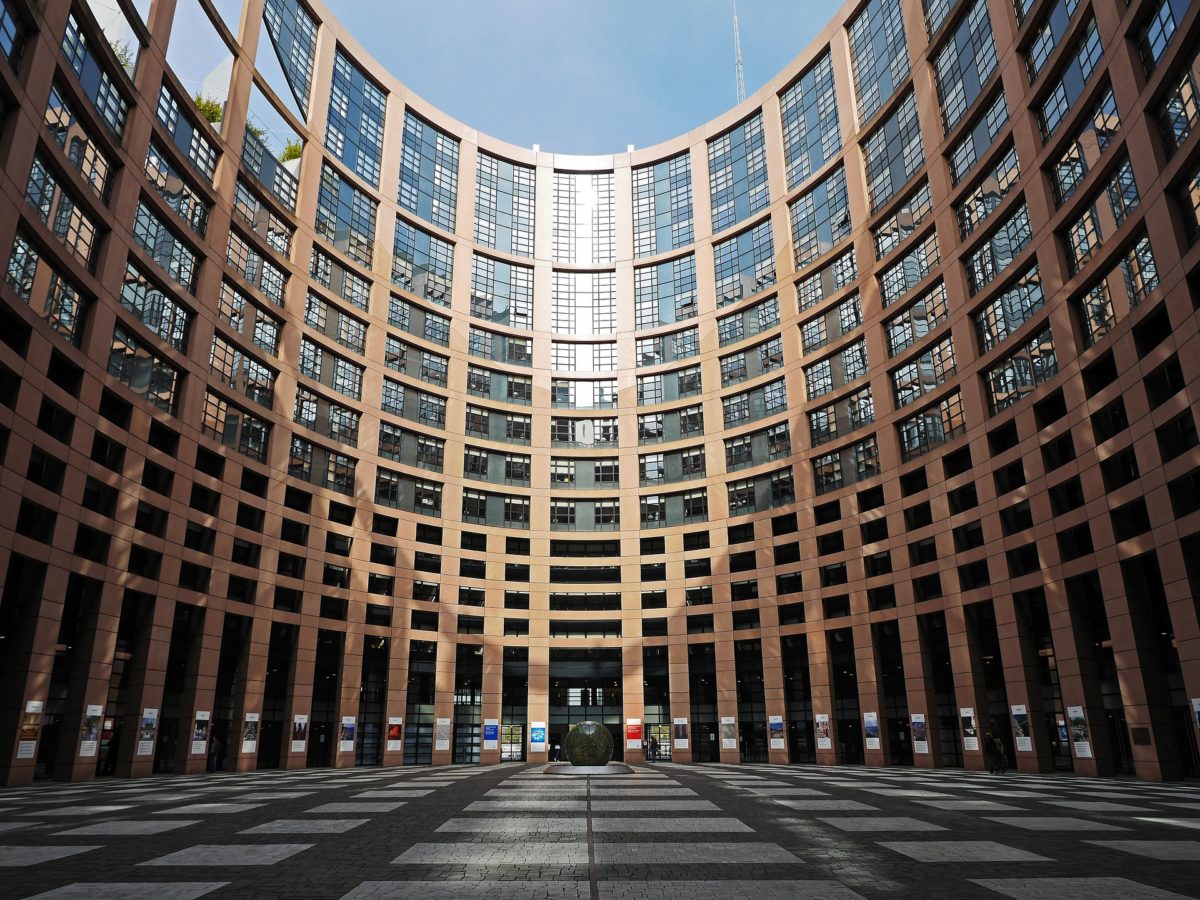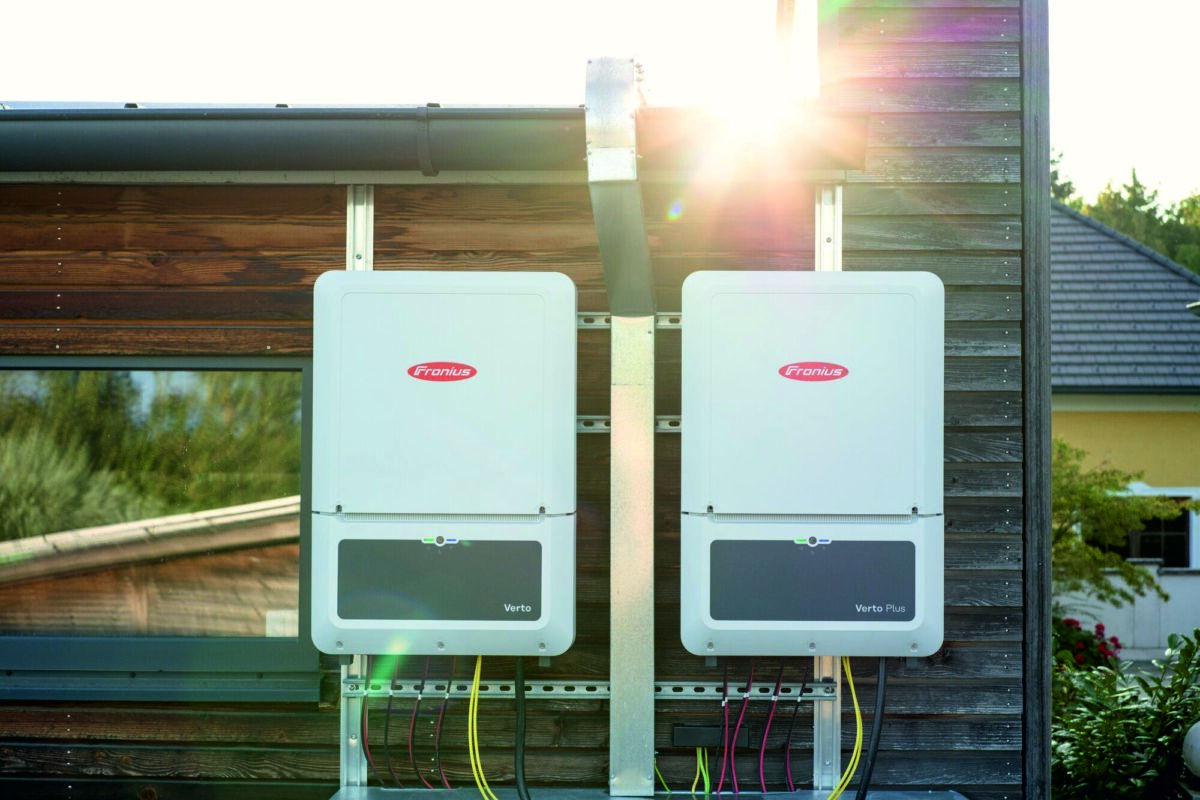The polls are closed, the post-election parties largely cleaned up and 751 MEP seats in the European Parliament allocated. In the weeks leading up to the vote, concerns over climate change became increasingly high-profile, not least with the continent’s youths taking to the street and inspired by Greta Thunberg’s ‘Fridays for Future’ school strikes.
Various European media outlets suggested the election would be much more climate-focused than the vote held five years ago.
That prediction was borne out overall, but not everywhere in Europe and it would be a stretch to speak of a ‘climate election’. In Euro powerhouses France and Germany the topic boosted green parties but in Eastern Europe such movements were virtually non-existent and across the EU environmental parties even lost seats. Overall the green caucus did grow a little in the parliament but there was no landslide.
New seat allocation
According to the European Parliament’s provisional results, the Group of Greens and the European Free Alliance – the caucus bundling together green party representatives across the EU – now counts 69 members, representing 9.19% of the popular vote. Five years ago, the caucus only numbered 52 delegates and represented 6.94% of the popular vote.
The Nordic Green Left caucus lost a considerable number of seats. In 2014 it had secured 52 seats for 6.94% of the vote but its seat count is now down to 39 and represents 5.19% of the ballots cast. The Group of the Progressive Alliance of Socialists and Democrats in the European Parliament – the social democrats – also lost 39 seats, to number 146. The caucus representing center-right conservatives, the Group of the European People’s Party, lost 36 seats, to fall to 180.
Europe’s far-right groupings, on the other hand, increased their representation, with the ENF and EFDD that returned a combined 78 seats in 2014 now boasting 112.
“The European Greens’ big gains, coming in higher than [the] polls predicted, is very good news for the solar sector,” said Walburga Hemetsberger, CEO of lobbying group Solarpower Europe. “It sends an important message that climate and the environment are key election issues and top priorities for many European citizens. We expect climate policies to have a strong impact on EU policy making going forward, both in the European Parliament and in the program of the next commission president.”
France and Germany go green
The green parties of France and Germany doubled, or nearly doubled, their results. In the last European Parliament elections, six of France’s 74 MEPs came from green parties, this time the number swelled to 12.
In Germany, the Green Party is also riding a wave of popularity. Five years ago, parties rallying to join the European Group of Greens managed to secure 13 of Germany’s 96 seats. In the latest election, the Green Party in Germany secured 21 seats as it hoovered up 30% of the votes cast by the under-30s, far outstripping the centrist SPD and CDU in that age bracket.
The immediate fallout saw Germany’s two ruling coalition partners call an emergency summit and Andrea Nahles, caucus leader of the German social democrats SPD, offer to face a vote of confidence in her leadership of the caucus.
“This election shows that climate protection, and with that the new energy economy, are a top priority,” said Robert Busch, CEO of German energy association the Bundesverband Neue Energiewirtschaft. “The newly elected EU parliamentarians are facing the urgent task of redesigning the European energy policy so that the Paris Agreement obligations can be fulfilled.”
Green tide peters out
Green parties also gained ground in Finland, Belgium, Portugal, Lithuania and the Netherlands, either sending their first environmentalist representative to Brussels or adding one or two delegates. However, that pattern was not replicated across the continent as green parties lost seats in Austria, Italy, Spain and Latvia.
Whether that means climate change is not an issue in such nations is difficult to define as some of the right-wing, populist and nationalist representatives in the European Parliament are not opposed to environmental policy, as exhibited by 400-500 vote backing for various parts of the recently adopted ‘Clean Energy for all Europeans Package’ of policies.
The clean energy package passed all legislative steps in the parliament and contains a clause that allows for the ratcheting up of ambition in 2023.
The parliament had been instrumental in ramping up the renewable energy target embodied in the clean energy package. The 27% contribution of renewables to European electricity supply suggested by the European Commission was much less ambitious than the parliament’s call for 35%, with a compromise eventually settling on 32%.
Kingmakers
Though the scale of the green breakthrough seen at the weekend may have disappointed some renewable industry insiders, the fallback in support for the centrist parties that have traditionally dominated the parliament may open the door for the Greens as potential kingmakers. It is felt the social democrat and conservative groupings trying to hold off the desire of more extreme caucuses to hollow out the EU’s institutions are far more likely to be prepared to yield to the demands of Europe’s green wedge to shore up their hold on the levers of power.
“Overall, the European elections brought a good result for the solar industry,” added Solarpower Europe’s Hemetsberger. “There is a broad consensus on climate action and ambitious renewable energy policy amongst the vast majority of European political parties, thus we expect to see a European Parliament that will build on its legacy as a solar and ‘green’ champion.”
This content is protected by copyright and may not be reused. If you want to cooperate with us and would like to reuse some of our content, please contact: editors@pv-magazine.com.




2 comments
By submitting this form you agree to pv magazine using your data for the purposes of publishing your comment.
Your personal data will only be disclosed or otherwise transmitted to third parties for the purposes of spam filtering or if this is necessary for technical maintenance of the website. Any other transfer to third parties will not take place unless this is justified on the basis of applicable data protection regulations or if pv magazine is legally obliged to do so.
You may revoke this consent at any time with effect for the future, in which case your personal data will be deleted immediately. Otherwise, your data will be deleted if pv magazine has processed your request or the purpose of data storage is fulfilled.
Further information on data privacy can be found in our Data Protection Policy.